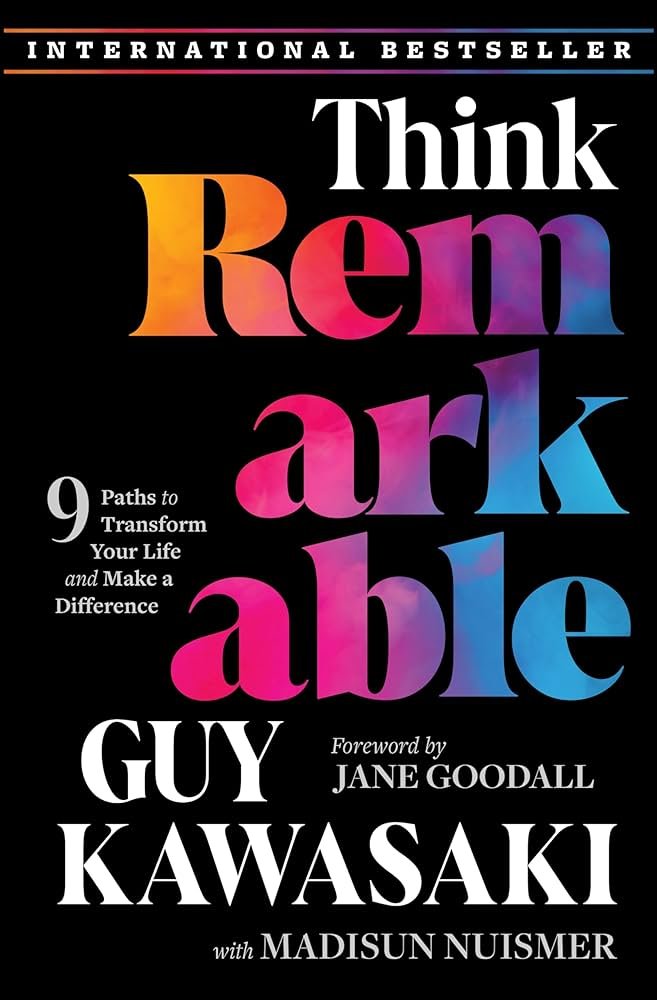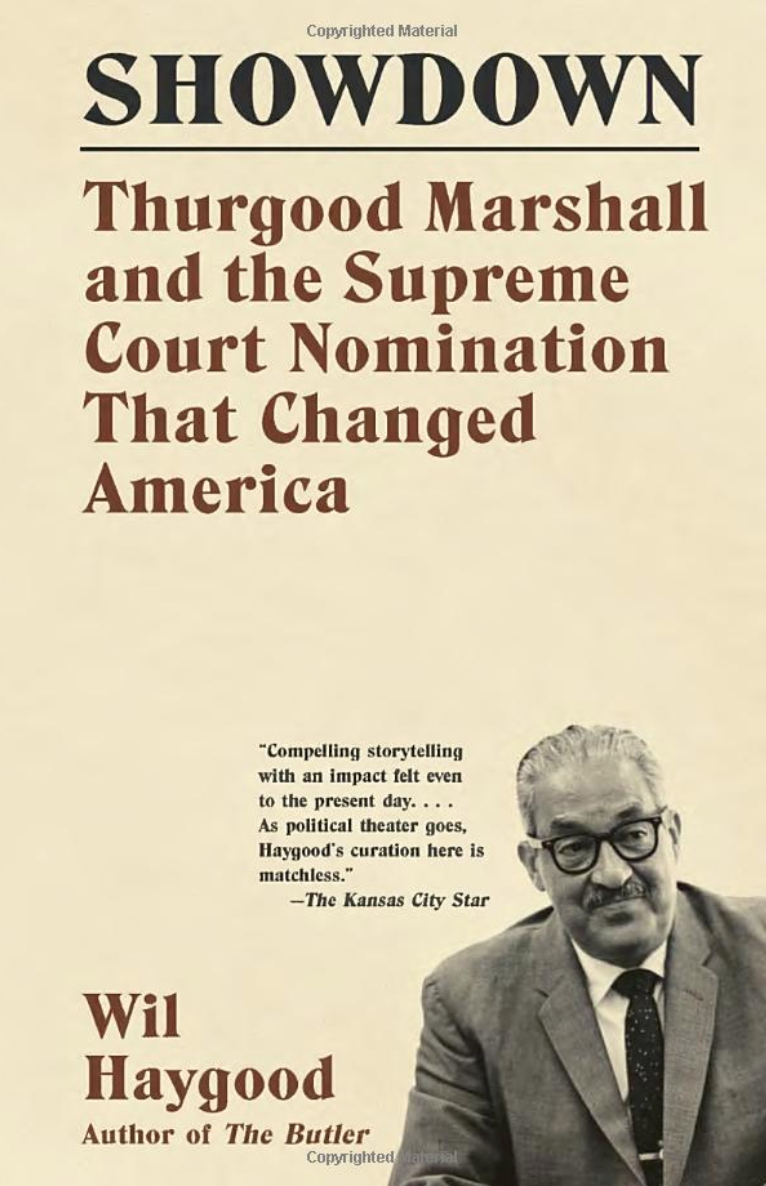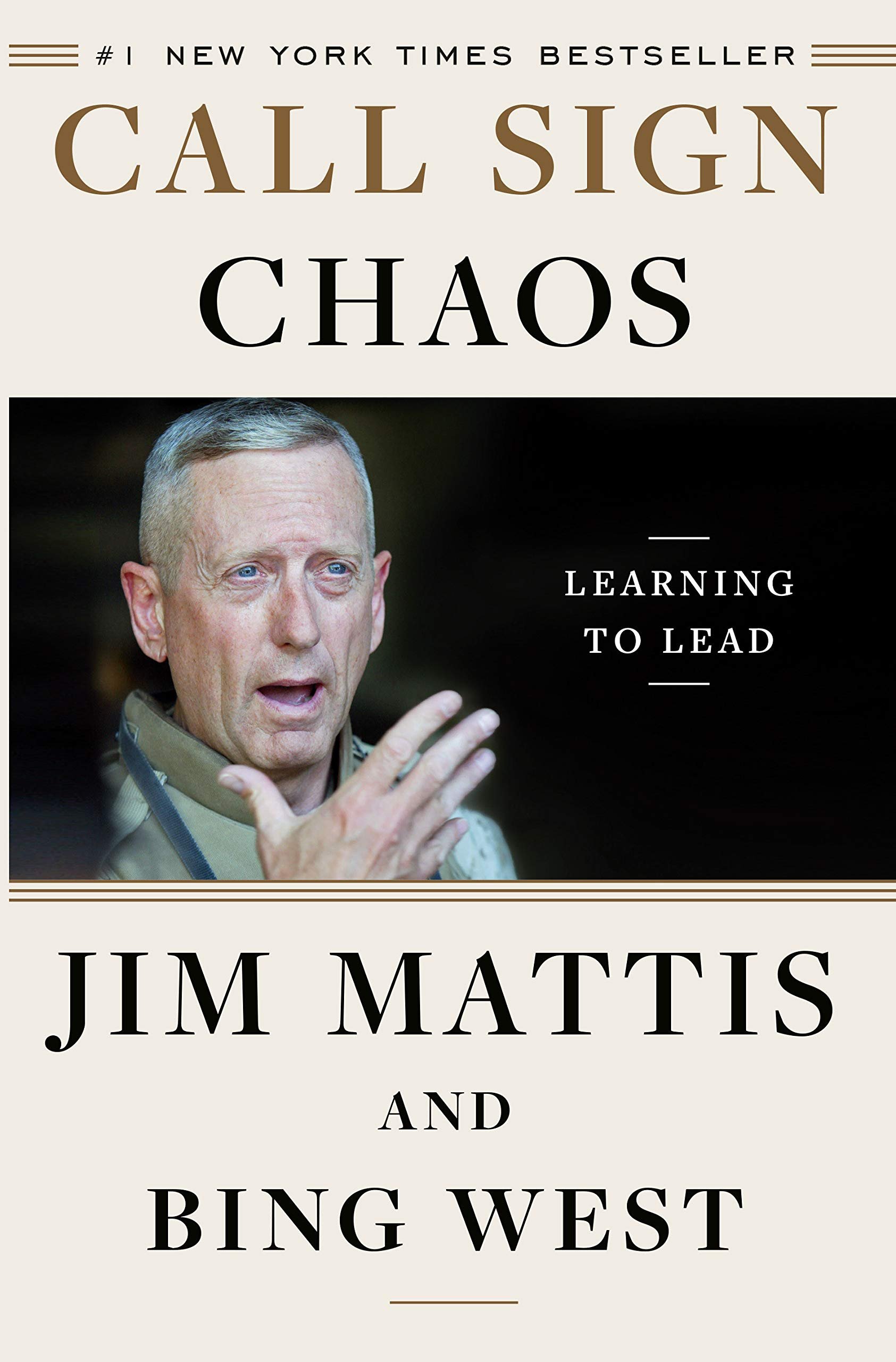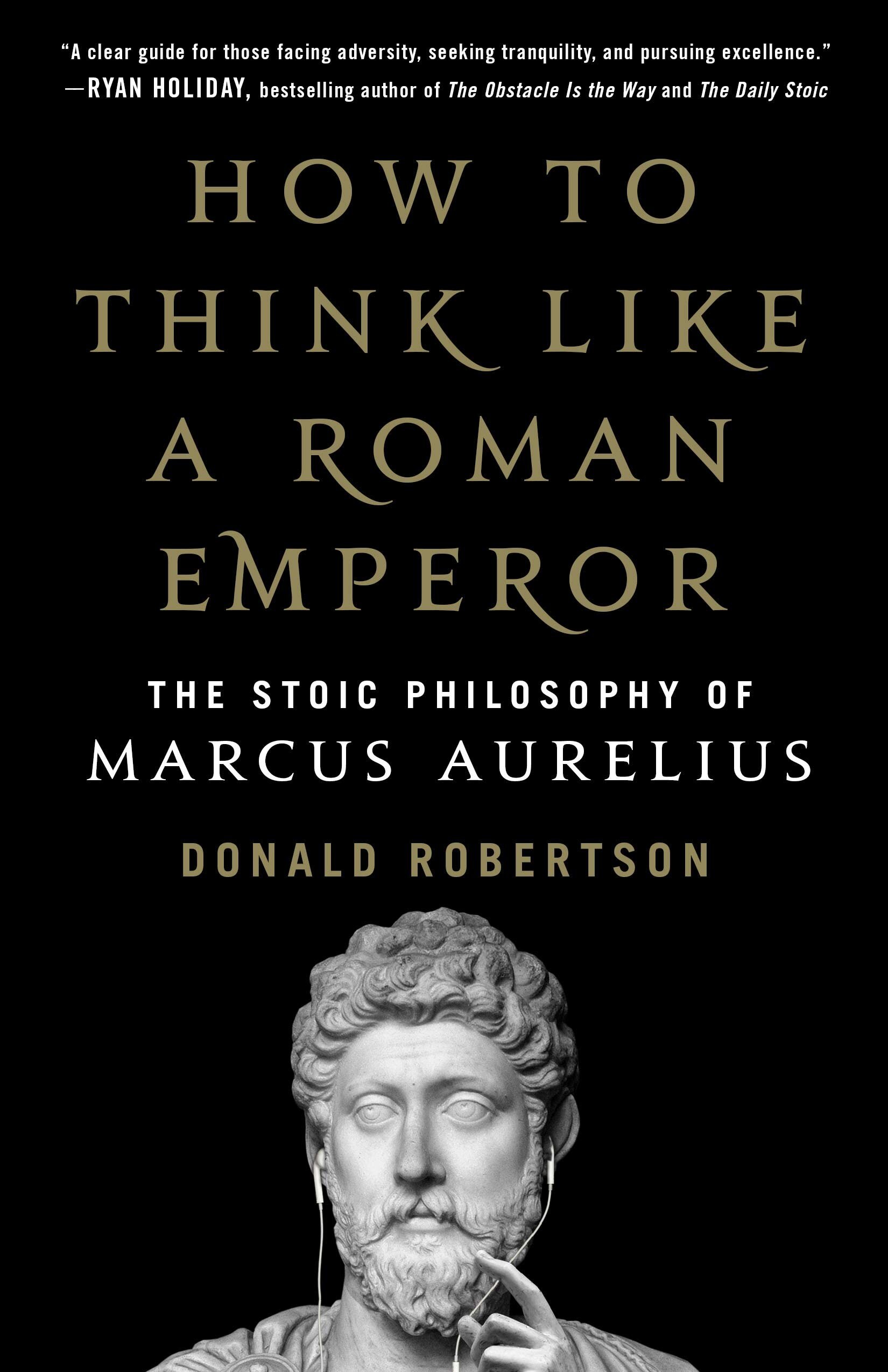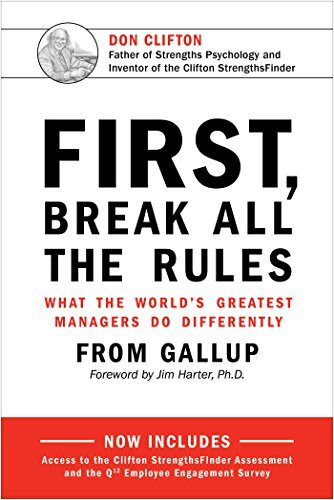Showdown: Thurgood Marshall and the Supreme Court Nomination That Changed America by Wil Haygood
Date read: 5/4/23. Recommendation: 9/10.
The incredible story of one of the great Civil Rights leaders who worked within the law to fight for equal rights by battling discrimination and legal segregation in America’s courtrooms. Haygood is a brilliant writer and biographer, breathing life into the reality of atrocities that Thurgood Marshall faced—both in his nomination to the Supreme Court and subsequent hearings, as well as his decades traveling across courtrooms in the American South. Marshall is an incredible example of how to work within a system that’s built against you to drive lasting change. He was dignified when others tried to humiliate him and always kept himself steady, rising above attacks on his character and fighting for the right and moral side of history. Cannot recommend this book enough, one of my favorite biographies that I’ve ever read.
Check out my notes below or Amazon for details and reviews.
My Notes:
NAACP Legal Defense and Educational Fund:
“In 1940, Thurgood Marshall—who had joined the NAACP as a lawyer four years earlier after working at a barely-making-it law practice in his native Baltimore—came up with an idea to form a permanent legal arm of the NAACP. It was known as the NAACP Legal Defense and Educational Fund, and its mission was clear: to assault discrimination and legal segregation in America’s courtrooms.” Wil Haygood
Landmark court victories:
Smith v. Allwright: 1944 case that outlawed the all-white Democratic primary in Texas.
Shelley v. Kraemer: 1948 case that ruled it was illegal to bar minorities from purchasing property even if the homeowner had written it into the clause of the deed.
Sweatt v. Painter: 1950 case that ordered the University of Texas to admit a black man it had previously barred from its law school.
Brown v. Board of Education: 1954 case that outlawed the separate-but-equal doctrine that had been the law of the land and ordered the desegregation of public schools.
“There was not another lawyer in America whose constitutional victories could match Thurgood Marshall’s in the arena of equal rights.” Wil Haygood
As an advocate, Marshall won in the Supreme Court on 29 out of 34 occasions.
Supreme Court nomination:
President Lyndon B. Johnson nominated Marshall as the first black man to sit on the U.S. Supreme Court on June 13, 1967. Marshall had been a federal appeals court judge and was the current solicitor general. LBJ “aimed to emancipate the nation’s legal system by aiming for the very top of it.” Wil Haygood
“Thurgood Marshall had been considered Public Enemy No. 1 in the South because of his court victories upending many of the laws of segregation. With Johnson’s looming nomination of Marshall, it was as if the president were hammering the final nail into the coffin of white supremacy.” Wil Haygood
Nomination hearings:
Nomination hearings in front of of the Senate Judiciary Committee began on July 13th, 1967 in room 2228 of the New Senate Office Building.
Senators from the South went on the attack…John McClellan, Arkansas Senator, was hellbent on destroying Marshall, since Marshall was responsible for Brown v. Board of Education which embarrassed McClellan’s state. During hearings, McClellan referred to black Americans as an ‘enemy of our security.’ McClellan had privately told his constituents that he would do all he could to stop Marshall from reaching the high court.
Southern Senators aimed to put Thurgood Marshall “in crosshairs of the civil unrest taking place on American streets and at city halls and on all those college campuses.”
James Eastland, Mississippi Senator and chairman of the Senate Judiciary Committee, was also committed to doing everything in his power to keep Marshall from taking his seat on the US Supreme Court. He waited until the last minute to tell the White House when the hearings would begin, hoping to limit their preparation time. Eastland had another senator look for links between Marshall and the Communist Party. Eastland had once stood on the floor of the US Senator and thundered that “the Negro race is an inferior race.” He also once said that Mississippians would “protect and maintain white supremacy throughout eternity.” He also said that “If it came to fighting, I’d fight for Mississippi against the United States, even if it meant going out into the street and shooting Negroes.” Eastland was committed to stopping the pursuit of equality. And earlier in his career, he assailed black soldiers serving in WWII as failures in combat.
By the time the third day of confirmation hearings began, Marshall had been subjected to more hours of questioning than any other nominee in history. Eastland did not provide a timeline of when they might end, attempting to rattle Marshall.
On the fourth day, Strom Thurmond, the Senator from South Carolina, went on the attack. Thurmond had launched his Senate campaign in response to the Brown decision. Later he helped launched a weeks-long filibuster against the 1964 Civil Rights Act. And at one point in time, he was the presidential candidate for the whites-only Dixiecrat party. “And now in 1967, Strom Thurmond had to endure the 1960s having streamrolled his life and his beloved South.” Thurmond lit into Marshall about the thirteenth amendment, as well as interracial relationships. Later, it was revealed, that when Thurmond was 62 he had carried on an affair with a black woman, Carrie Butler, who worked for his family and was only 16 years old.
Eastland later called up a witness opposed to Marshall. Michael D. Jaffe, counsel to a company known as Liberty Lobby which was formed in the shadow of McCarthyism and was accused of anti-Semitism and a fascination with the teachings of Hitler. Its two biggest supporters were Senator Strom Thurmond and Mississippi Supreme Court Justice Tom Brady. Jaffe claimed Marshall had associations with organizations of subversive nature.
After day five, Eastland announced he would call no more hearings. He ended them before giving a chance for Marshall’s allies on the committee to speak on his behalf. “In the nation’s history, a Supreme Court nominee had never appeared in person before a committee as long as Thurgood Marshall.” Wil Haygood
August 11—Eastland announced the committee had completed its hearing process and was ready to issue its report on Marshall’s nomination. Now it was up to the full Senate. The majority report (senators favoring Marshall) issued 3.5 pages emphasizing how he had been at the forefront of assisting black citizens in asserting their right to vote and share in constitutional rights, and how he had shown that progress can be achieved within the framework of American democracy and law. The minority report was 6x longer and scathing, ripping Marshall for judicial activism, the subjugation of federal powers, and compromising the sacredness of the Constitution.
On August 30th, 1967, more than a month after the Marshall hearings had ended, the Senate conned to vote on the nomination of Marshall to the Supreme Court. There was just a single black, male senator—Edward Brooke—and a single female senator—Margaret Chase Smith—in the entire Senate.
The final tally stood at 69-11. Marshall was going to join the U.S. Supreme Court. LBJ had convinced twenty segregationists to refrain from voting so it was closer than it looked.
“Let me take this opportunity to affirm my deep faith in this Nation and its people, and to pledge that I shall be ever mindful of my obligation to the Constitution and to the goal of equal justice under the law.” Thurgood Marshall
Marshall had been put through an ordeal by committee. Fred P. Graham wrote that “the present procedures serve only as punishment to a future justice by political enemies.” “Marshall was the first nominee to undergo such an extensive grilling face-to-face, and his hearings created a new level of senatorial inquiry. And once those senators smelled blood, it only pushed them deeper and deeper. A year after the Marshall hearing, the Senate blocked Justice Abe Fortas from ascending to the position of chief justice.” Wil Haygood
Confirmation hearings became partisan battles that were televised and played on repeat across news outlets across the world.
Civil Rights Movement:
In 1964, more than 20,000 citizens had been arrested in the South following protests for racial equality. In 1965, more than 36 churches had been firebombed by segregationists in Mississippi.
“Charlie Houston, the dean (at Howard University Law School), had studied the plight of the Negro lawyer in America, studied it and gathered statistics, and those statistics were stark and indisputable. He would constantly remind his students of the crisis confronting the Negro lawyer. Houston discovered ‘there are not more than 100 Negro lawyers in the South devoting full-time to practice: 100 Negro layers to care for the rights and interests of 9,000,000 Southern Negroes or approximately one Negro lawyer to every 90,000 Negroes.’” Wil Haygood
“Thurgood Marshall lived in a realistic and gritty world. And he had gone into dangerous southern towns at night. And lived to tell about it. Negroes would tell you Thurgood Marshall was Atticus Finch before Atticus Finch.” Wil Haygood
Brown v. Board of Education:
Fall of 1957, nine black schoolchildren tried to desegregate Little Rock Central High School and were stopped by a mob of angry whites yelling profanities, spitting, and throwing rocks. “Reporters on the scene to cover the story were chased and bloodied by the mobs. This forced President Dwight Eisenhower to go into military mode and dispatch troops to protect the children. The troops had to remain at path school watching over the black children for an entire year. Little Rock was thus seared into the nation’s psyche as mean and bigoted.
Smith v. Allwright:
Lonnie Smith tried to vote in Houston. He was denied a ballot by the Houston election Judge S.E. Allwright. Marshall met with Smith and filed a complaint on his behalf. The case made its way to the Supreme Court. “Thurgood Marshall had never appeared before the justices of the US Supreme Court of any case approaching this magnitude. And in reality, if he were to reach that hallowed courtroom to take on Texas, he’d be taking on all the states below the Mason-Dixon Line, because they had punishing white primary systems of their own.” Wil Haygood
“Marshall opened by telling the justices what he had been saying all along: that the Texas primary simply undermined Negro voting no matter how state officials argued otherwise.” Wil Haygood
“The Texas attorney general, Gerald Mann, as expected, argued that the earlier ruling supporting Texas did not violate any of the constitutional amendments being debated. The justices, at the conclusion of the arguments, had to ponder a question: Does the constitution embrace ‘private’ discrimination?” Wil Haygood
Landmark 8-1 decision ruled on behalf of Smith and was a profound voting rights victory for the NAACP. The court wrote, “The United States is a constitutional democracy. Its organic law grants to all citizens a right to participate in the choice of elected officials without restriction by any state because of race. This grant to the people of the opportunity for choice is not to be nullified by a state through casting its electoral process in a form which permits a private organization to practice racial discrimination in the election.”
Southern states continued to impose poll taxes, literacy tests, harassment, and physical brutality to deter black Americans from voting.
30k black votes were registered in 1940. In 1947, three years after the case, there were 100k. “Before 1964, only 22 percent of Negroes were registered to tote throughout the American South. Yes, there was the Smith decision, but fear remained; voting rights activists still fell dead from gunfire.” Wil Haygood
Supreme Court:
“During his twenty-four years on the Supreme Court, Thurgood Marshall remained unerringly true to his principles. His concurring opinions and dissents echoed his beliefs about the First Amendment and equality.” Wil Haygood
“Thurgood Marshall wrote 322 majority opinions while on the high court. They delved from freedom of speech to the death penalty, from issues of segregation and discrimination to housing. There were also 363 dissents, giving evidence of a justice who would not bend when he felt the law was against the aggrieved and dispossessed. No justice had come to the high court with the background he possessed in traveling the land and fighting from courthouse to courthouse and devising national strategies that would alter American law.” Wil Haygood
“His were the eyes that had seen, up close, men and women grasping for freedom. He had seen shack-like structures masquerading as Negro schoolhouses. He had heard the wails of Negro mothers crying for their sons who had been sentenced on suspicious rape charges. He had seen how poverty could scar both Negro and white alike. His were eyes that had seen what very few Ivy League-trained lawyers had seen and he knew it, and he wanted them to know he knew it.” Wil Haygood

